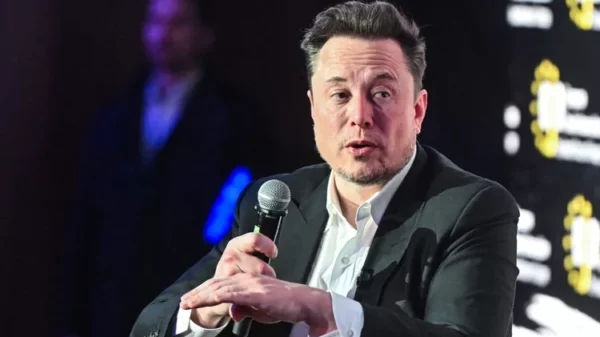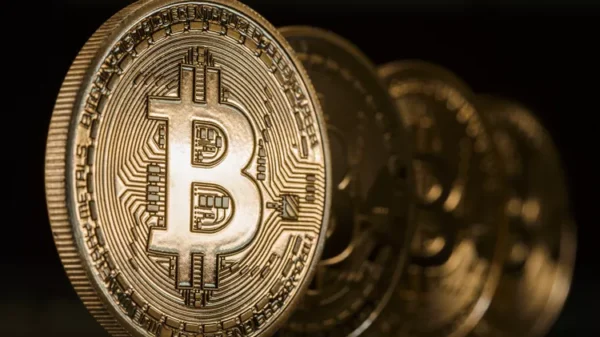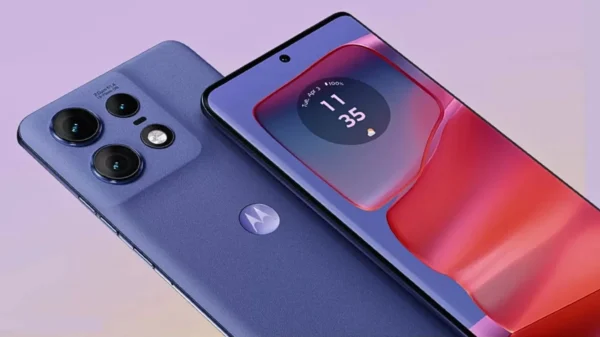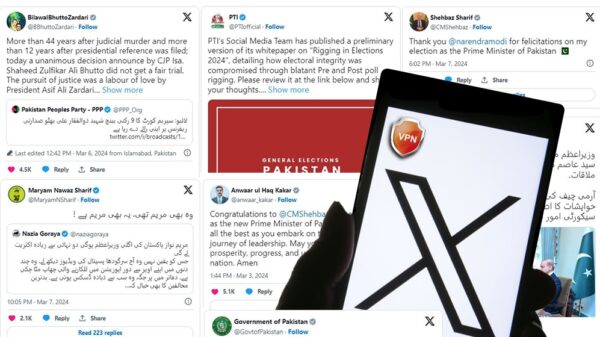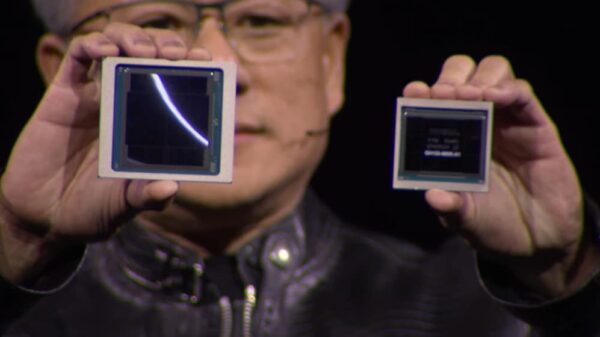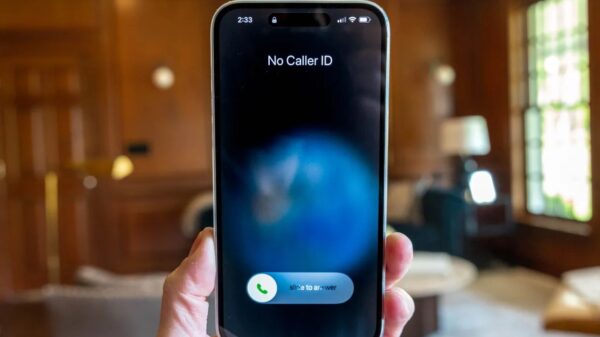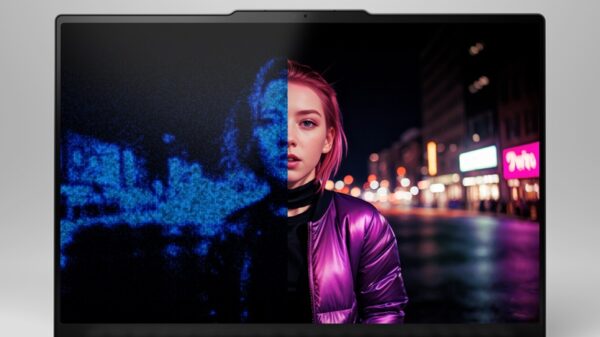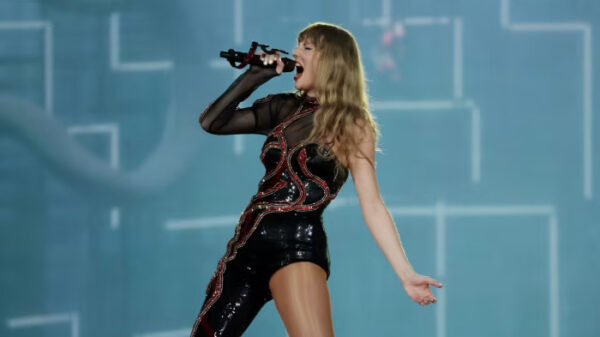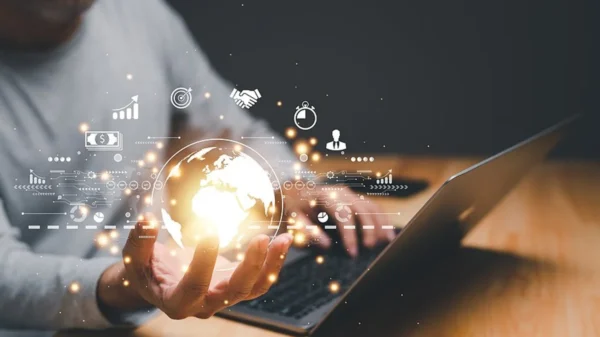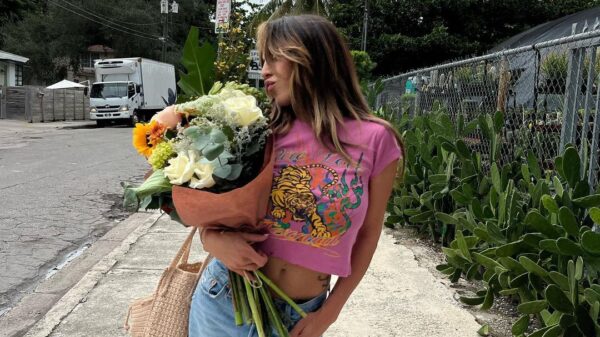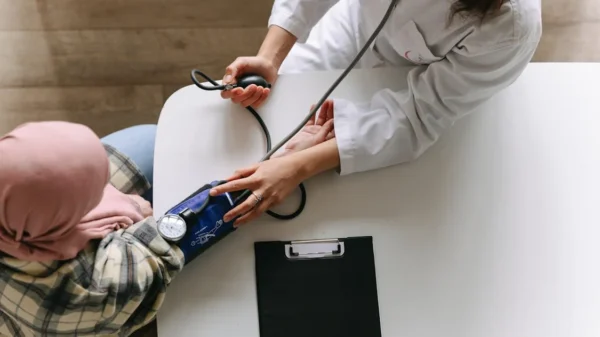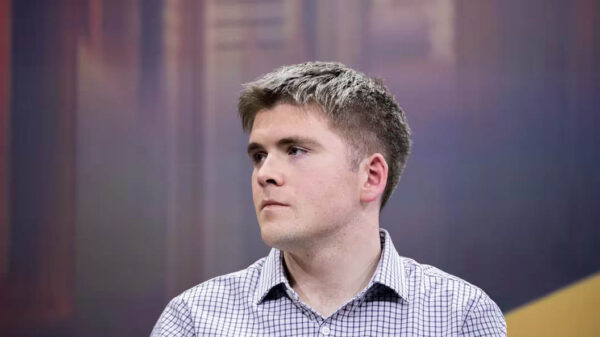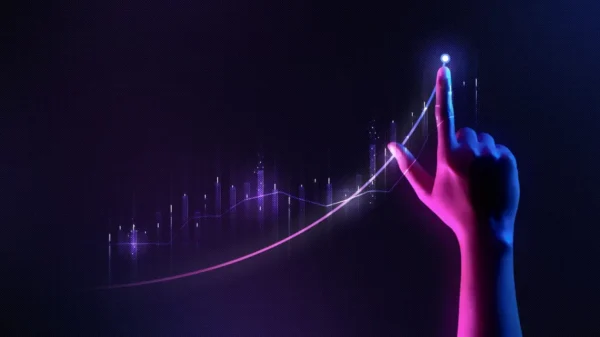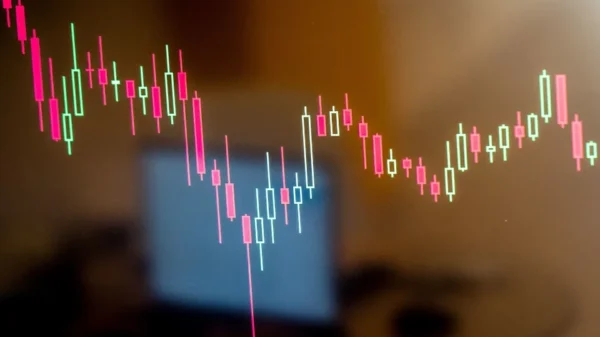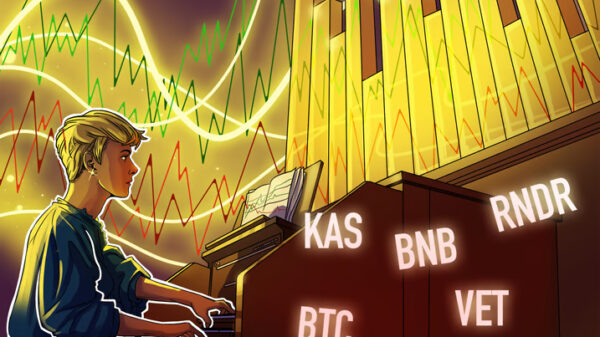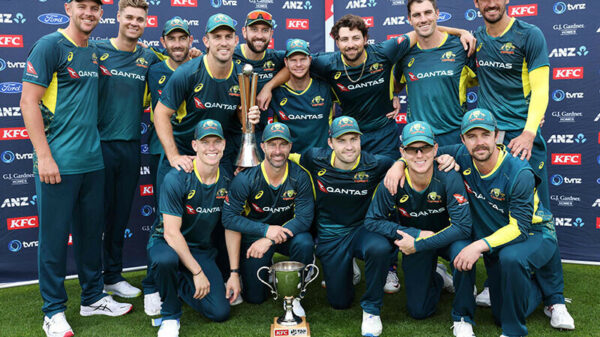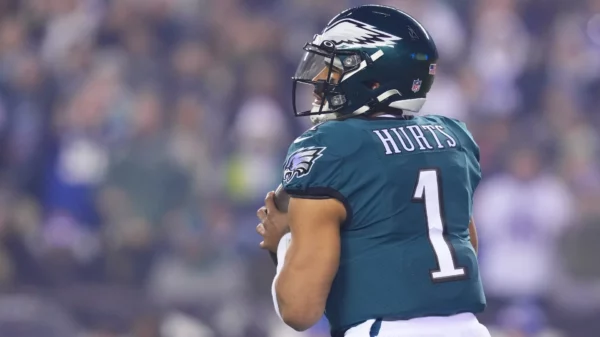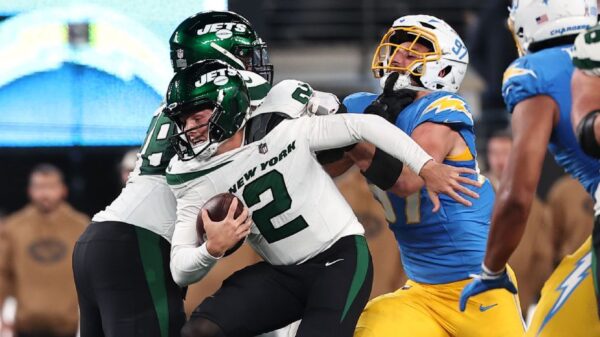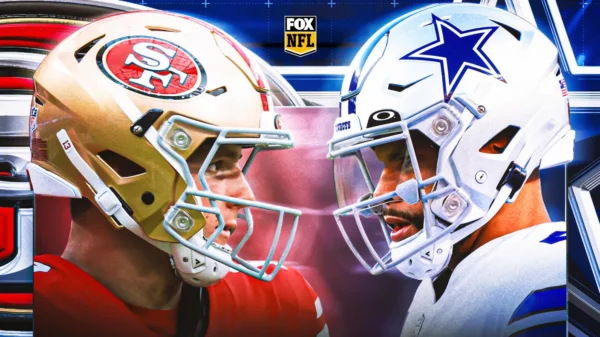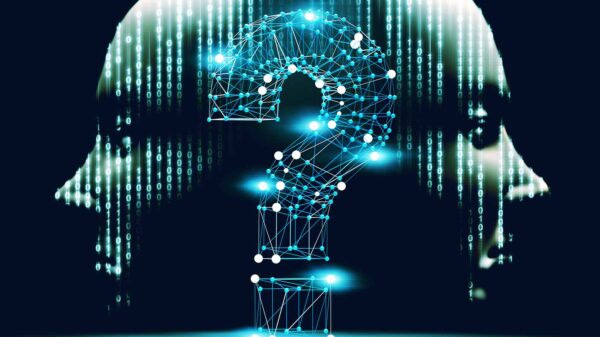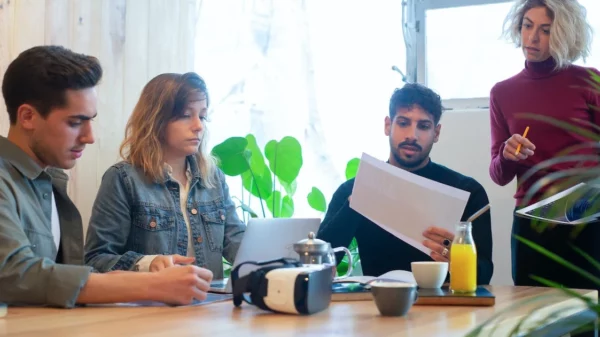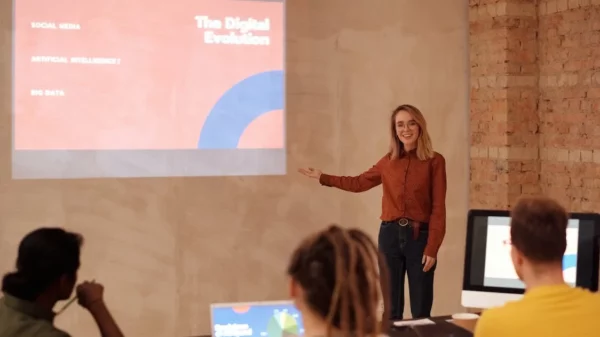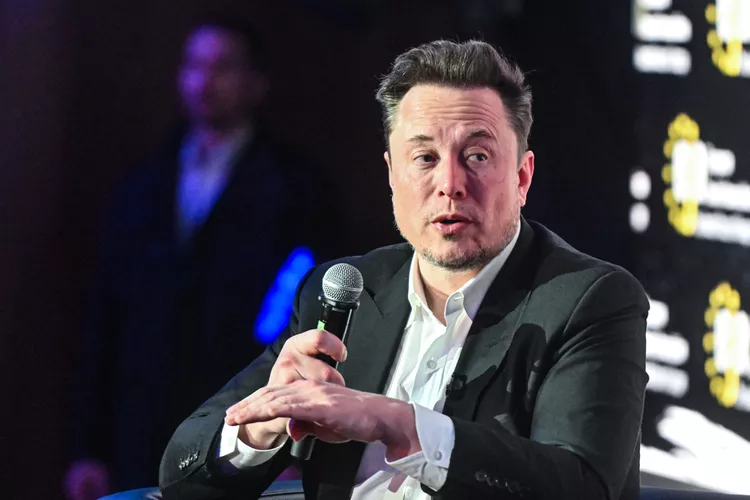4 Key Takeaways From Elon Musk’s Comments During Tesla’s Q1 Earnings Call
Following Tesla’s first-quarter earnings report, which fell short of analysts’ expectations, CEO Elon Musk and other company executives participated in the electric vehicle (EV) maker’s earnings call.
Musk discussed Tesla’s fast-tracked new product schedule, news that was disclosed in the earnings announcement and boosted the company’s stock during after-hours trading. He also mentioned discussions with a traditional automaker about licensing Tesla’s self-driving technology, along with the forthcoming launch of a robotaxi service and the development of a humanoid robot.
Tesla’s stock kept rising during the earnings call, ending the after-hours session up 13.3% at $163.96. Prior to Tuesday’s close, the stock had dropped 42% since the beginning of the year.
‘More Affordable’ Models Coming in Early 2025 or Sooner
Musk announced that Tesla has sped up its product roadmap and plans to begin production in early 2025, or possibly late 2024. Previously, the company had suggested that production wouldn’t commence until the second half of 2025.
Among the new vehicles, Tesla plans to introduce “more affordable models” that will utilize the company’s “next generation platform” along with its existing technology. Musk first mentioned the idea of a $25,000 Tesla car in 2018, noting that it would take about three years to develop.
Musk mentioned that the new models will be produced on the same assembly lines that Tesla uses for its current vehicle lineup, which might alleviate investor worries about costs and production timelines.
Tesla in Talks With a ‘Major’ Automaker to License Self-Driving Tech
When asked whether any traditional automakers had contacted Tesla to license its full self-driving (FSD) technology for their vehicles, Musk said that Tesla is “in conversations with one major automaker about licensing FSD.”
Musk mentioned there’s a “good chance” that Tesla will sign a licensing agreement this year, though other company executives pointed out that it would take at least three years after the contract is signed for the technology to be integrated into another automaker’s vehicles.
He indicated that licensing Tesla’s FSD technology to other automakers could boost the company’s cash flow as autonomous driving gains broader acceptance.
Musk noted that some other automakers are scaling back their electric vehicle (EV) efforts and are focusing on plug-in hybrids due to EV demand pressures. He said that Tesla doesn’t believe this is the right approach and maintains that electric vehicles will ultimately dominate the market.
Musk Provides a Look at ‘Cyber Cab’ Vision Ahead of August Launch
Musk shared with investors some details about Tesla’s highly anticipated robotaxi, also known as the “cyber cab,” which is scheduled to launch on August 8. The robotaxi is part of Tesla’s plan to establish an autonomous taxi service.
Musk clarified that “Tesla will have some cars that it owns and operates within the fleet,” along with “a number of cars owned by individual users.” Owners can earn money by renting out their self-driving vehicles to robotaxi users, with Tesla taking a commission. Musk suggested that investors could view Tesla as “a mix” of Uber (UBER) and Airbnb (ABNB).
He mentioned that there’s potential for “an AWS-like component in the future,” explaining that Tesla’s robotaxi fleet could use its computing technology to process interfacing and AI tasks when it’s not in use for driving.
The CEO also addressed regulatory issues related to autonomous driving technology. Musk said he doesn’t expect “significant regulatory hurdles, as long as there’s clear evidence that autonomous cars are safer than those driven by humans.” He added, “halting the progress of autonomy would result in more accidents.”
Tesla’s Humanoid Robot, Optimus,
Musk mentioned that Optimus, Tesla’s humanoid robot, is currently performing “simple factory tasks” in the lab and is expected to be operating in Tesla’s factory by the end of 2024. He also noted that it could be ready for external sales by the end of 2025.
He reiterated his belief that “Optimus will be worth more than everything else combined,” emphasizing that there’s “no meaningful limit to the potential economy” for “a sentient humanoid robot capable of navigating reality and performing tasks on demand.”
“Tesla is better positioned than any other humanoid robot manufacturer to achieve volume production with efficient inference on the robot itself,” Musk said. He added, “no other company comes close to Tesla’s inference efficiency.” He also noted that Tesla’s inference technology “will bring significant benefits in many ways.”


